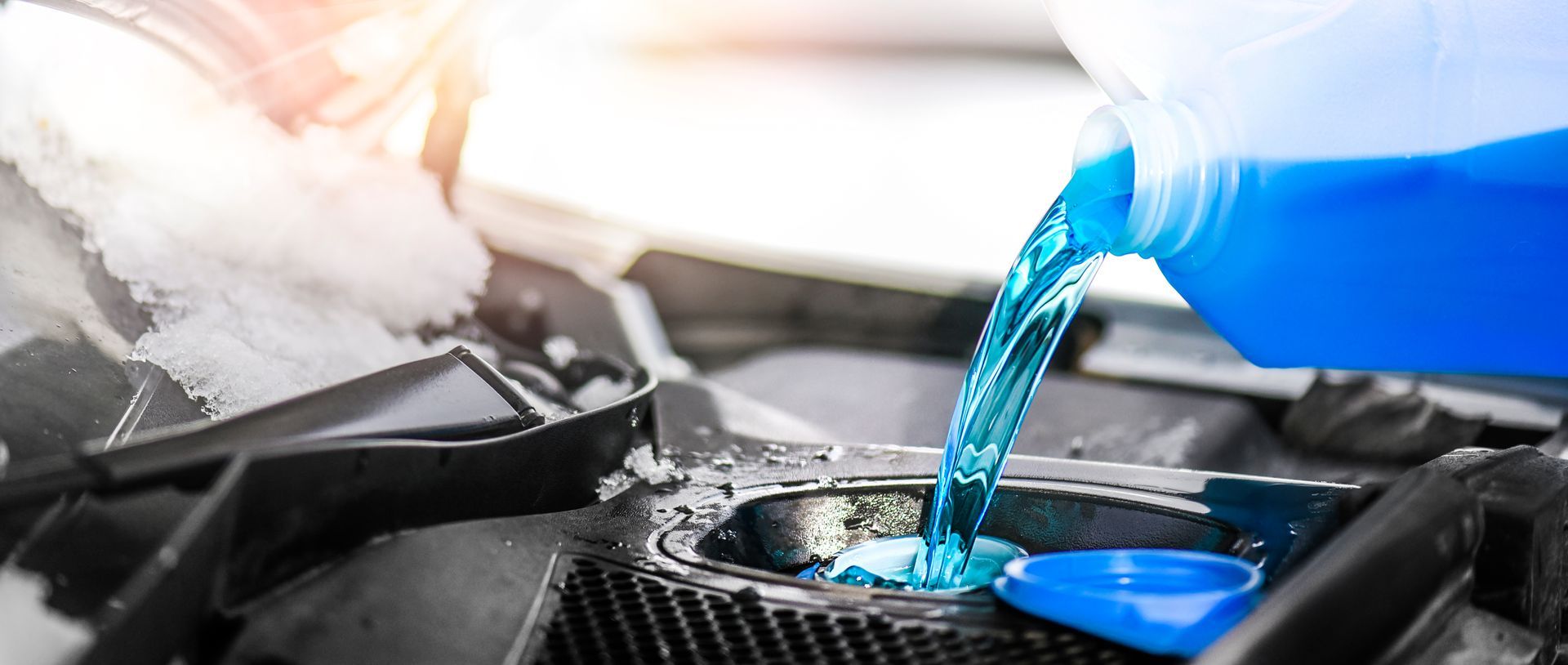Brake Maintenance 101: Keeping You Safe on the Roads of Thornton, CO
At Alternative Auto Care in Thornton, CO, we talk to drivers every day about one of the most essential components of their vehicle: the braking system. Whether you’re cruising down I-25 or navigating city traffic, your brakes are what keep you, your passengers, and others on the road safe. Yet, many drivers overlook brake maintenance until they hear a squeal, feel a vibration, or experience a longer stopping distance.
In this guide, we’ll explore how your brakes work, the warning signs of brake trouble, and why routine maintenance is critical. With insights from our ASE- and AAA-certified technicians, you'll learn how to keep your brakes in top shape—and why Alternative Auto Care is Thornton’s trusted source for complete brake service.
How Brake Systems Work: The Basics You Should Know
Your braking system is a complex network of components that work together to slow or stop your vehicle. When you press the brake pedal, hydraulic fluid sends pressure to the calipers, which clamp the brake pads against the rotors. The resulting friction brings your wheels—and your car—to a safe stop.
There are two main types of brakes found in vehicles:
- Disc brakes: Common in modern vehicles, these use brake pads and rotors.
- Drum brakes: More common in older models or on rear wheels, these use shoes and drums.
Other critical components include the brake lines, master cylinder, ABS sensors, and brake fluid. At Alternative Auto Care, we perform full-system inspections to ensure every part is functioning safely and efficiently.
Warning Signs Your Brakes Need Attention
Brake systems don’t fail without warning. The key is to recognize the signs early and take action before small issues become major safety hazards. Here are the most common red flags our Thornton customers report:
- Squeaking or grinding noises: Often a sign that brake pads are worn down and need replacement.
- Vibration or pulsation: Usually indicates warped rotors or uneven pad wear.
- Longer stopping distances: Can signal pad wear, fluid issues, or brake fade.
- Soft or spongy brake pedal: May point to air in the brake lines or a fluid leak.
- Brake warning light: A clear indication that something needs professional inspection.
If you experience any of these symptoms, visit Alternative Auto Care right away. We’ll diagnose the problem quickly and recommend only the repairs you truly need.
How Often Should You Service Your Brakes?
There’s no universal mileage for when brakes should be replaced—it depends on your driving habits, vehicle type, and environment. However, here are some general guidelines we share with our Thornton drivers:
- Brake pads: Typically last between 25,000 and 70,000 miles.
- Brake rotors: Can last up to 70,000 miles but may need resurfacing or replacement sooner if warped.
- Brake fluid: Should be flushed and replaced every 2–3 years.
At Alternative Auto Care, we inspect your brakes during routine oil changes and tire rotations. This proactive approach ensures you’re never caught off guard and helps extend the life of your entire braking system.
The Importance of Brake Fluid Maintenance
Brake fluid is a vital part of your braking system—it transmits the force from your pedal to the wheels. Over time, it absorbs moisture, which can lower its boiling point and lead to brake fade or failure. In Thornton’s fluctuating climate, this can happen faster than you might think.
Our Technet- and ASE-certified technicians check your brake fluid's condition with every service visit. If it's dirty, degraded, or contaminated, we’ll recommend a complete fluid flush to restore optimal braking performance.
Why Ignoring Brake Repairs Can Be Dangerous
Putting off brake repairs doesn’t just risk your safety—it can lead to much higher costs down the line. For example:
- Driving with worn pads can damage the rotors, requiring both to be replaced.
- Neglected brake fluid can cause internal corrosion and damage the master cylinder.
- Ignoring ABS warnings can compromise your ability to stop safely on wet or icy roads.
At Alternative Auto Care, we work with Thornton drivers to make smart, timely decisions that avoid larger issues. Brake repairs are always more affordable when handled early.
Professional Brake Repair vs. DIY: What's the Difference?
While some car owners attempt brake pad replacements at home, we always recommend professional service—especially for modern vehicles with ABS, electronic parking brakes, and advanced safety systems. Here's why:
- We use high-quality, OEM-grade parts to ensure long-term durability.
- Our technicians perform a full system inspection, not just part replacement.
- We measure rotor thickness, pad wear, and fluid levels with precision tools.
- Every repair is backed by our AAA, ASE, and Technet certifications for quality and safety.
Choosing professional brake service at Alternative Auto Care means peace of mind, especially when your safety is on the line.
Local Driving Conditions Matter: Brakes in Thornton, CO
Living and driving in Thornton presents its own set of challenges—from stop-and-go traffic to seasonal road conditions. Cold winters with icy roads put extra strain on your anti-lock braking system, while summer heat can increase the risk of fluid degradation and brake fade.
That’s why it’s so important to have your brakes checked regularly by a local shop that understands Colorado driving. At Alternative Auto Care, we tailor our brake services to meet the unique needs of Thornton drivers—because we live and drive here, too.
Final Thoughts: Don’t Take Brakes for Granted
Brake maintenance isn’t just another item on your to-do list—it’s a critical investment in your safety. Whether you're experiencing symptoms or just want to stay proactive, regular inspections and timely repairs are the best way to protect yourself and your vehicle.
At Alternative Auto Care in Thornton, CO, we’re committed to providing expert-level brake service with honesty, efficiency, and care. Our goal is to make every visit informative and stress-free, so you leave with confidence in your car and in us.






